We are delighted to announce the 10th edition of the Winter School on Economics of Competition Law scheduled from November 5th, 2025 to November 9th, 2025. It is a 20-hour training programme, spread over five days, with four-hour sessions each day. Led by globally renowned speakers, the sessions of the winter school have been carefully curated to forward discourse on the application of economic tools and analysis in competition law cases. It aims to provide the participants with an understanding of the increasingly important role that economics plays in understanding the markets and assessing the violation of competition law. It strongly focusses on practical examples and direct application of the underlying economic theories and techniques. The themes of the sessions are –
- Fundamentals of Economics for Competition Law and Regulation
- Understanding Market Failures
- Data as a Competitive Weapon: Unpacking the Abuse of Market Dominance
- Learning from EU’s DMA Implementation and UK’s DMCC
- The Welfare Costs of Anti-competitive Agreements: Analyzing Consumer Harm
- Regulating Algorithmic Cartels: Challenges and Best Practices
- Extraterritorial Reach of Antitrust Laws: Is the Globalization of Enforcement Working?
- Economic Efficiencies vs. Anti-competitive Concerns in M&A: Striking the Right Balance
- The Gig Economy: A New Frontier for Competition Law
- Green Competition: Navigating the Intersection of Sustainability and Antitrust Law
Economics actuates Competition Law and Regulatory Scenario
Markets are becoming increasingly global and the approaches to regulate them more economics based. Modern competition law differs from traditional competition law in that it now reflects the dominance of the economic model of analysing the market structures and behaviour. Competition economics assumes importance as regulatory and competition authorities have moved to adopt more economics based approaches in analysing business practices and determining anti-competitive behaviour. Even the current policy formulation and consultation takes into account market dynamics and thus critical to understand these nuances to help better understand the broader picture. Competition law and policy is sector neutral and thus a better understanding of competition economics equips participants with tools to analyse interplay between complex issues related to competition in all the sectors of economy.
Global Relevance with Local Application
The knowledge acquired through this Winter School will be relevant regardless of the jurisdiction in which you work. The themes of the sessions cover evolving jurisprudence. Case studies, decisions and approaches from the US, EU and other developed as well as developing countries will be discussed within a common analytical framework strongly based on economic theory. Contemporary issues related to importance of economic evidence in competition law, Economic tools and analysis in cartels, vertical agreements, abuse of dominance and Mergers & Acquisitions, and use of consumer surveys in competition case analysis, etc. will be analysed in an informed manner.

Ioannis Lianos
Professor of Global Competition Law and Public Policy UCL Faculty of Laws, UK
View profile
Jasper van den Boom
Researcher, German and European Digital Competition Law Heinrich Heine University, Düsseldorf, Germany
View profile
Payal Malik
Former Advisor and Head, (Economics), CCI Lead ICRIER Prosus Centre for Internet and Digital Economy
View profile
Vellah Kedogo Kigwiru
Doctoral Research Fellow Technical University of Munich School of Governance, Germany
View profile| S.No. | Date & Time (IST) | Session Title |
|---|---|---|
| Wednesday, 5th Nov, 2025 - Acquiring Fundamentals | ||
| 1 | 2.00 – 4.00 pm | Fundamentals of Economics for Competition Law and Regulation |
| 2 | 5.30 – 7.00 pm | Understanding Market Failures |
| Thursday, 6th Nov, 2025 - Abuse of Dominance & Digital Markets | ||
| 3 | 2.00 – 4.00 pm | Data as a Competitive Weapon: Unpacking the Abuse of Market Dominance |
| 4 | 4.30 – 6.30 pm | Learning from EU’s DMA Implementation and UK’s DMCC |
| Friday, 7th Nov, 2025 - Anti-Competitive Agreements and Algorithms | ||
| 5 | 2.00 – 4.00 pm | The Welfare Costs of Anti-competitive Agreements: Analyzing Consumer Harm |
| 6 | 4.30 – 6.30 pm | Regulating Algorithmic Cartels: Challenges and Best Practices |
| Saturday, 8th Nov, 2025 - M&A and Cross-Border Enforcement | ||
| 7 | 2.00 – 4.00 pm | Extraterritorial Reach of Antitrust Laws: Is the Globalization of Enforcement Working? |
| 8 | 4.30 – 6.30 pm | Economic Efficiencies vs. Anti-competitive Concerns in M&A: Striking the Right Balance |
| Sunday, 9th Nov, 2025 - Adapting Competition Policy | ||
| 9 | 2.00 – 4.00 pm | The Gig Economy: A New Frontier for Competition Law |
| Sunday, 10th Nov, 2025 - Adapting Competition Policy | ||
| 10 | 4.30 – 6.30 pm | Green Competition: Navigating the Intersection of Sustainability and Antitrust Law |
Note: The time mentioned is Indian Standard Time (IST)
a. Legal Practitioners, Competition Lawyers and Law Firms
Designed especially for lawyers, the course tends to explain the economics in a language the lawyers can understand. From a legal practitioner’s perspective, it is vital to understand and assess the relevance and rigour of the economic analysis so as formulate a strategy regarding specific case. This could include identifying whether the data employed and empirical approach in economic analysis is appropriate, and ascertaining the consistency of assumptions used in economic models with characteristics of industry/sector. The economic concepts and methodical techniques that lawyers working in mergers and competition cases need to know will also be discussed.
b. In-house Counsels at Corporate Entity
This course will help the corporates to understand the economics of competition law in a better way, which will help them to device policies to better their services and products in order to have a better footing in the market while in compliance with law.
c. Competition Authorities and Regulatory Affairs Officials
They will be able to better understand the competition economics and will be well equipped to deal with the competition cases. The applied concepts to be discussed during Winter School will help regulatory officials devise better regulatory approaches in their respective sectors so as to develop a competitive framework.
d. Economic Consultancies
Practitioners working with economic consultancies and economists will get a chance to learn the contemporary literature and will also learn from the top practitioner’s ways to identify and apply best economic model suited to a specific industry.
e. Representatives from Central and State Governments
The course can prove beneficial for them and help them in understanding the issues related to economic policy, investment policy and market development and competition policy in India and best international approaches to effectively achieve policy objectives.
f. Researchers in area of Law, Economics, and Management
The course will teach them the economics behind various tenets of competition law and provide them opportunities to interact with the pioneers in this field. This will equip them with better legal and economic tools to analyse contemporary debates in an informed manner.
| Category | Indian | International |
|---|---|---|
| Students | ₹8,142 (₹6,900+GST) | $150 |
| Working Professionals | ₹23,482 (₹19,900+GST) | $495 |
*Discount will be provided for early bird and group registrations.
The previous winter schools have seen an influx of participation from foreign competition authorities, tier-1 law firms, corporate sector, academicians, economists and legal practitioners. Following is the list of entities, from where the participants have taken benefit of this course:
Amarchand Mangaldas & Co., New Delhi
AZB & Partners, New Delhi
Amity University, Noida
Ansal University, Gurugram
Competition Commission of India
Competition Commission Mauritius
Cyril Amarchand Mangaldas
Christ University, Bangalore
CUTS International
Econ One Research, New Delhi
Fair Competition Commission, Tanzania
Fair Competition Commission, Jamaica
Federal Competition & Consumer Protection Commission, Nigeria
Gono Bishwabidyalay, Bangladesh
Gujarat National Law University
Indian Council for Research on International Economic Relations (ICRIER)
Indian Institute of Management, Rohtak
Indian Institute of Technology, Kharagpur
J.Sagar Associates, New Delhi
Malaysian Competition Commission, Malaysia
Ministry of Commerce, Industry and Labour, Samoa
Ministry of Commerce, Industries, Labour and Immigration (Consumer Affairs and Price Control Division), Solomon Islands
Nathan Economic Consulting, New Delhi
National Academy of Legal Studies and Research, Hyderabad
National Law University, Jodhpur
Narsee Monjee Institute of Management Studies, Bengaluru
Nishith Desai Associates, New Delhi
PNG Independent Consumer and Competition Commission, Papua New Guinea
Rajiv Gandhi National University of Law Punjab
Saint Gobain, New Delhi
SASTRA Deemed University, Chennai
SEBI, Mumbai
The Commonwealth Secretariat, London
The West Bengal National University of Juridical Sciences, Kolkata
TMT Law Practice, New Delhi
Trilegal, New Delhi
University of Delhi
Jubilant Life Sciences Ltd, New Delhi
Jubilant generics limited, Noida
Veritas Legal, Mumbai
L & L Patners, New Delhi
ITC
DLF
Competition Commission of Mauritius
General Authority for Competition, Saudi Arabia
MEET THE PAST SPEAKERS
Trainers have diverse experience working in academic, regulatory and consultancy setup to explain the underlying economic theories
and tools in lecture, case studies and simulation exercises format to bring the concepts to life.

Payal Malik
Former Advisor and Head, Economics Division, Competition Commission of India
View profile
Sushanta Chatterjee
Chief (Regulatory Affairs) at Central Electricity Regulatory Commission (CERC)
View profile
Jasper van den Boom
Researcher, German and European Digital Competition Law Heinrich Heine University, Düsseldorf, Germany
View profile
M.P(Maarten Pieter) Schinkel
Competition economics and regulation Faculty of Law Faculty of Economics and Business
View profile
Richard York
Executive Director, Digital Platforms Branch
Australian Competition and Consumer Commission (ACCC)

Shubha Ghosh
Crandall Melvin Professor of Law and Director, Technology Commercialization Law Program, Syracuse University
View profile
Joseph Harrington
Professor of Business Economics and Public Policy Department Chair, Business Economics and Public Policy
View profileCIRC 9th Winter School on Economics of Competition Law-2024(THE VIRTUAL EDITION)
View profileCIRC 8th Winter School on Economics of Competition Law-2022(THE VIRTUAL EDITION)
View profileCIRC 7th Winter School on Economics of Competition Law-2021(THE VIRTUAL EDITION)
View profileCIRC 6th Winter School on Economics of Competition Law-2020(THE VIRTUAL EDITION)
View profileCIRC-ECONOMICS PARTNERS Economic Consulting- Winter School on Economics of Competition Law-2019
View profileCIRC-ECONOMICS PARTNERS Economic Consulting- Winter School on Economics of Competition Law-2018
View profileCIRC-ECONOMICS PARTNERS Economic Consulting- Winter School on Role of Economics in Competition Law-2016
View profileCIRC 2nd Winter School On Role of Economics In Competition Law-2014
View profileCIRC-CRESSE Winter School on Role of Economics in Competition Law-2013
View profileENQUIRE NOW








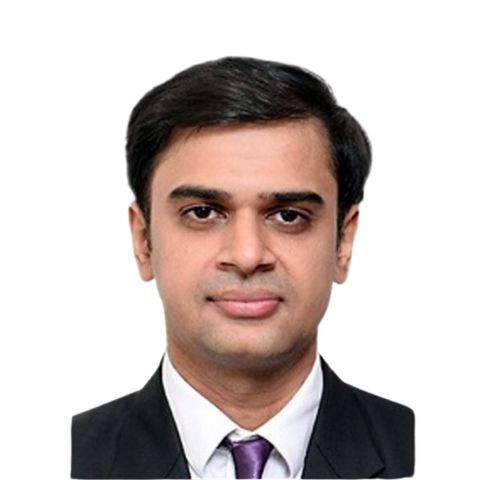
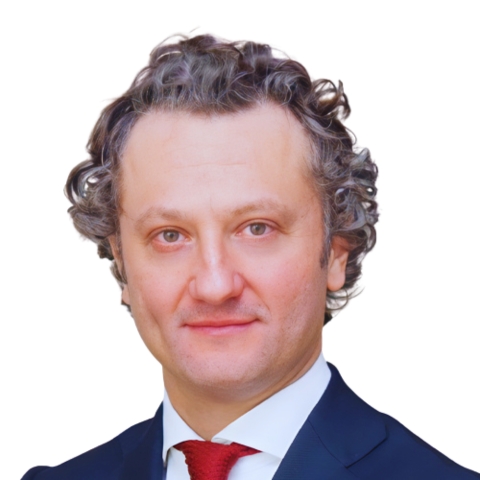



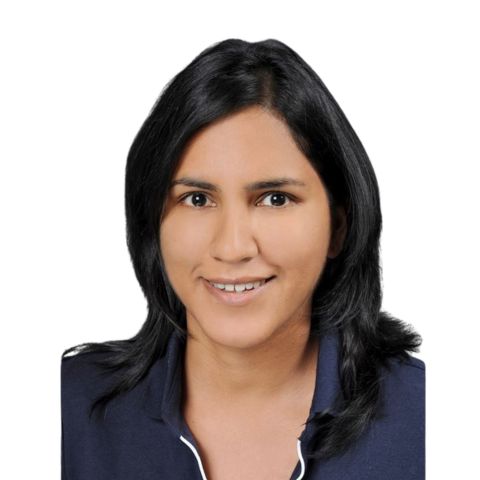




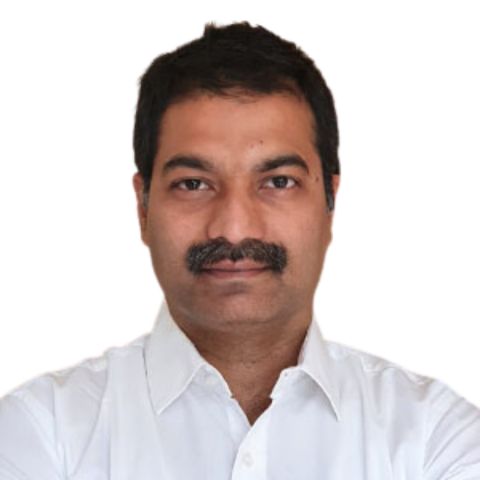
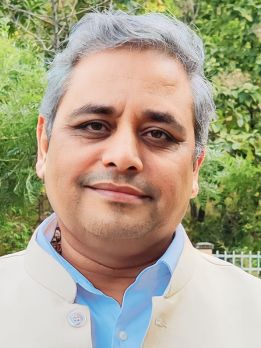


































.jpg)



















